“Aptamer” is a technical term in the bioscience field, referring to, single-stranded DNA or RNA (nucleic acid Aptamers), or peptide (peptide Aptamers) molecules that can form secondary and tertiary structures capable of specifically binding to molecular targets, including proteins, peptides, carbohydrates, small molecules, toxins, and even live cells.
Due to various advantages, Aptamers quickly found their potential in diverse applications ranging from therapy, drug delivery, diagnosis, and bio-sensing.
Advantages of nucleic acid Aptamers
High target Specificity
Aptamers demonstrate high affinity and specificity similar to those of monoclonal antibodies.
Manufacturing Time and Cost
The production of new batches of material is fast and inexpensive.
Low batch-to-batch variation
Aptamers are chemically synthesized and enabling a high degree of manufacturing control from batch to batch.
High stability & durability
Aptamers are stable for Long-term storage and can be shipped at ambient temperature.
Complementary sequence
Aptamers can form a double-strand structure with its complementary sequence that can work as an antidote with high and rapid neutralizing effect for target activities.
Penetration to Tissues and Cells
Aptamers are low to medium molecular weight compounds, they have demonstrated enhanced access to tissues and cells in both vivo & vitro to reach their specific targets.
low/no immunogenicity
Aptamers are non-immunogenic, as shown in recent vivo and vitro studies. Aptamers are suitable for in vivo use without extensive modification.
Ease of chemical modification
Freedom to incorporate chemical modification to enhance Aptamer’s stability and binding affinity with its target in short time and reduced cost.
